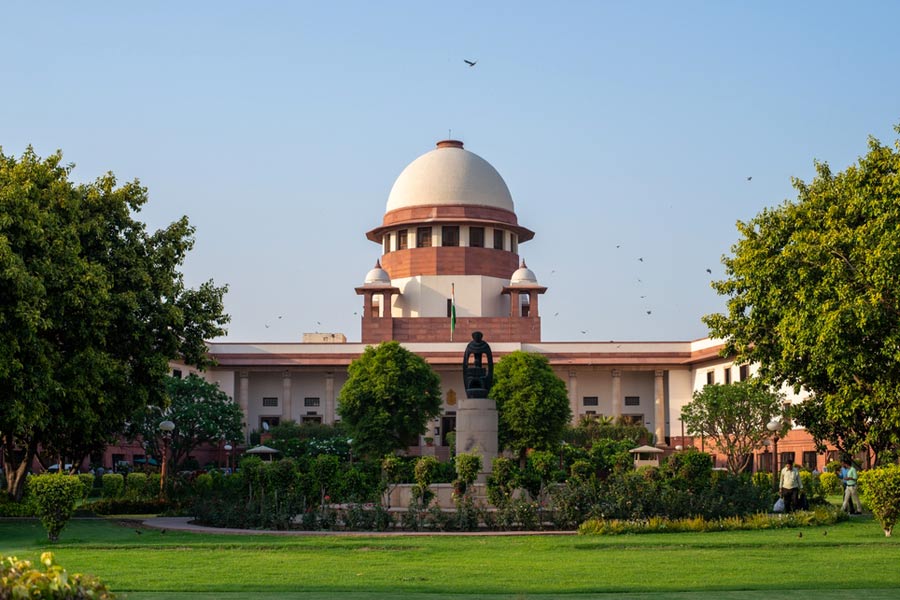
The Supreme Court has ordered the Additional Solicitor General (ASG) K M Nataraj, representing the Union Territory (UT) of Jammu and Kashmir, to publish the review orders related to internet restrictions in the region. The court stressed that these review orders should not be kept in a cupboard but should be made public.
During the hearing of a plea filed by the Foundation of Media Professionals seeking the publication of review orders pertaining to internet restrictions in Jammu and Kashmir, ASG Nataraj informed the bench comprising Justices B R Gavai and Sanjay Karol that the petitioner is seeking the disclosure of information regarding the deliberations on review orders.
Justice Gavai told Nataraj, “Forget about deliberations, you publish the orders….are you making a statement that review orders will be published?”
Nataraj said he needs to get instructions on the matter.
The plea, represented by Advocate Shadan Farasat, argued that review orders, being statutory, must be published. Although acknowledging national security concerns, Farasat maintained that both the mother order and the subsequent review must be disclosed, as per the apex court’s previous directive.
ASG Nataraj referenced past compliance with prayers during the period of restrictions following the abrogation of Article 370. The court highlighted that the petitioner is now presenting a new prayer regarding a court-issued direction. Citing the Anuradha Bhasin judgment paragraphs, the bench emphasized that review orders should not be concealed and questioned Nataraj to demonstrate why it is not necessary to publish them.
Bhasin is editor of Kashmir Times, a regional daily in Jammu and Kashmir.
The apex court noted Farasat’s reference to the Anuradha Bhasin case, where it was asserted that even review orders should be made public, and observed that this is not occurring in the UT of Jammu and Kashmir. ASG Nataraj sought a two-week extension to gather instructions on the matter. The court, after considering the submissions, granted the requested time in its order.













